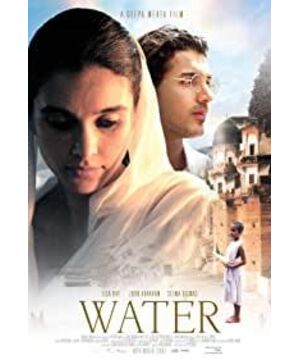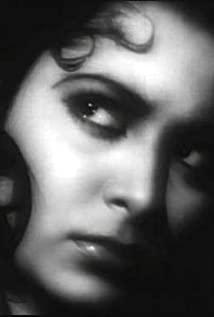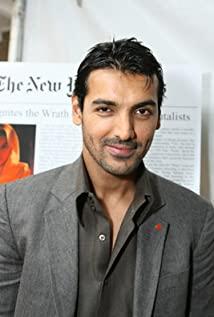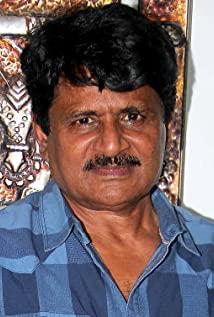The background of the film is an Indian water town before Mahatma Gandhi came. Here, the status of women has been suppressed for generations. Girls have to go through the door before they are mature, and once the husband makes a mistake, he can only spend his life in a monastery with few desires. Quite a few critics have said that this film is primarily a comparison between two generations, but in my opinion, this statement completely disintegrates the clever plot concept. If you look at it vertically, you can at least see such a gradient of feminist development:
Madhumati: Support the maintenance of women's disadvantaged position, and use it to achieve their own life that violates the rules.
Shakuntala: Maintaining the disadvantaged position of women, although full of sympathy for the status quo of feminism, it is helpless and sticks to the rules.
Kalyani: It should be said that she does not have any opinions, just like an angel who is not familiar with the world, she does whatever she thinks, but she is too weak, so she has been used all the time.
Chuyia: A complete rebel, representing the light and hope of human nature.
However, horizontally, due to different personalities, nuns in the same age group have very different views on feminism.
Depicting the human issues of the little people in the larger context is a very easy way of doing it in today's movies. Progressive young people argue about Mahatma Gandhi, but what the Mahatma did during this period is not directly known. All we can experience is that the suppressed human nature has been shaken more or less in the movement guided by advanced ideas, and the different values people hold are being sifted by the tide of history. Chuyia's rebellious thought as a child is exactly the thought advocated by Gandhi, and more importantly, it is also the thought supported by everyone in the audience, so the dramatic effect is realized naturally.
In addition to the large-scale ideological revolution, the conflict of women's ideas is also vividly interpreted in the small insane asylum of the temple. It is not difficult to see that morality is just a tool used by the strong to take advantage of the weak, and the more you believe in it, the easier it is to be dominated. This is why this unfair class situation exists. As the dominant man, generally speaking, men will not oppose it; while the strong among women find that if they make good use of this irrationality, they can suppress the weak and gain their own interests. Such a set of logic is always applicable to the stability of the revolution, such as the peasant uprisings in China and the relationship between mother-in-law and daughter-in-law in Chinese history: people only want to make their lives better, the masses, let the saints care .
In addition, this film is also able to design a lot of social issues involved in this, metaphorical relationship between morality and law, such as the relationship between morality and economy, such as people's sexual value, sexual morality and so on.
The images of Water are very beautiful, but the beauty comes not from the gorgeous set, but from the director and the cinematographer themselves. Many scenes are just commonplace in primitive water villages, but due to the clever use of light and shadow and the transformation of photographic lenses, everything that is simple has become beautiful. This is the aesthetic level of a director, which is not possessed by many kitsch Asian directors. In terms of performance, in fact, the beautiful Lisa Ray and the handsome John Abraham are both vases used to win the attention of Americans, and the actors who really represent the bright colors of art are the actors of Chuyia, Shakuntala and Madhumati. That's one reason why I call it "quirky". In deliberately inauthentic English, Americans want to know but don't know about the Indian conflict.
View more about Water reviews











